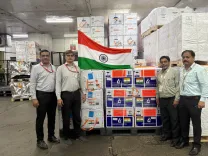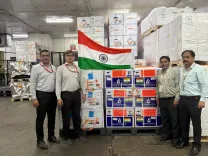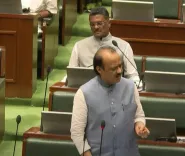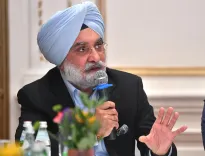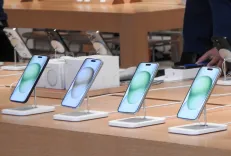Why is Brazil Indignant Over US Tariffs?
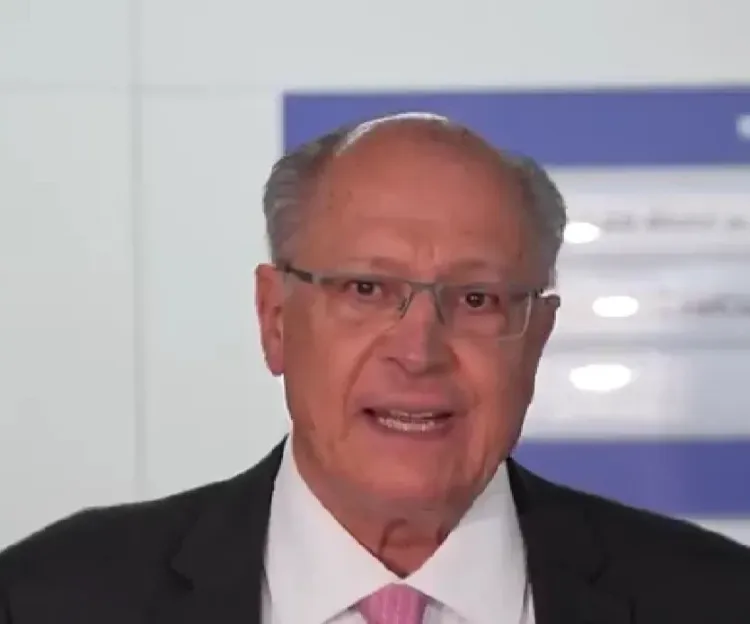
Synopsis
Key Takeaways
- Brazil protests US tariffs impacting exports.
- Public opinion strongly against the tariffs.
- Historical ties between Brazil and the US are at stake.
- Potential economic repercussions for both nations.
- Investigation into Brazil's trade practices initiated by the US.
Seoul, July 17 (NationPress) The Brazilian government has officially voiced its protest against the US decision to implement a 50 percent tariff on all Brazilian exports, set to take effect on August 1. Authorities have cautioned that this measure could lead to severe economic repercussions and a deterioration of diplomatic ties.
In a letter directed to the US Secretary of Commerce Howard Lutnick and Trade Representative Jamieson Greer, Brazil expressed its indignation regarding the announcement made by US President Donald Trump on July 9.
The letter was co-signed by Vice President and Development Minister Geraldo Alckmin and Foreign Minister Mauro Vieira, according to a statement released on Wednesday by Brazil's Ministry of Development, Industry, Trade, and Services.
"The Brazilian government conveys its strong disapproval of the announcement made on July 9," the letter stated, cautioning that the imposed tariffs would severely disrupt key sectors within both economies and threaten a historically robust economic partnership.
"For over two centuries, trade has served as a fundamental pillar of cooperation and prosperity between the two largest economies in the Americas," it added.
This protest emerges amid a broader wave of dissent within Brazil. A public opinion poll conducted by consulting firm Quaest from July 10 to 14 revealed a striking domestic opposition to the US tariffs, as reported by Xinhua news agency.
The survey, which included over 2,000 participants from 120 municipalities, indicated that 72 percent of Brazilians reject Trump's rationale for the tariffs, which he attributed to alleged political persecution of former Brazilian President Jair Bolsonaro.
Furthermore, 79 percent of respondents expressed anxiety about the tariffs' negative impact on their lives or those of their families. 53 percent supported Brazilian President Luiz Inacio Lula da Silva's approach to imposing reciprocal tariffs, with his approval rating slightly increasing from 40 to 43 percent amid the conflict.
US Trade Representative Jamieson Greer announced that the US has initiated an investigation into Brazil's trading practices, concentrating on the treatment of digital commerce and electronic payment services, which the United States claims are discriminatory and detrimental to American businesses.



